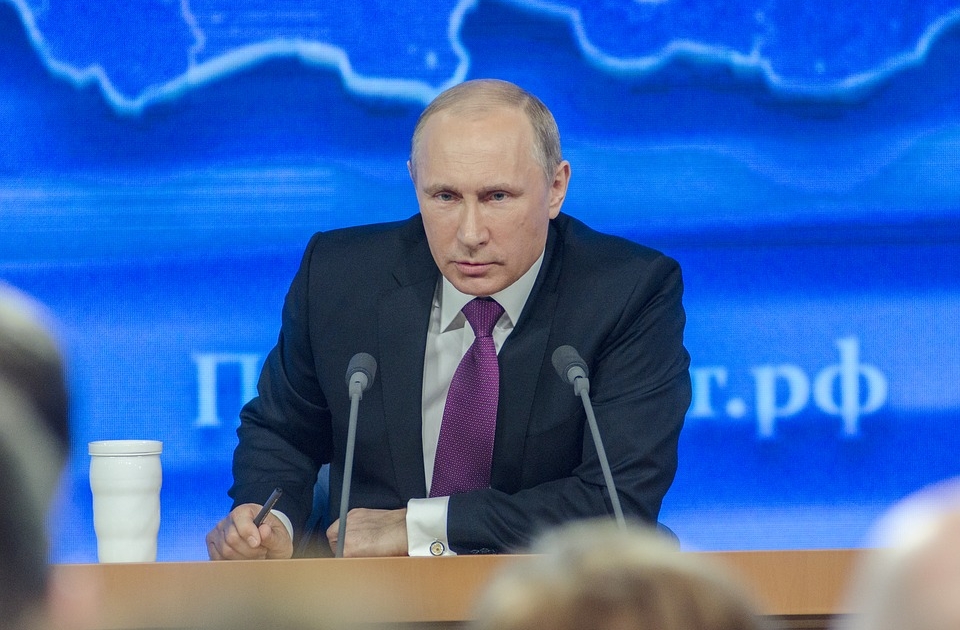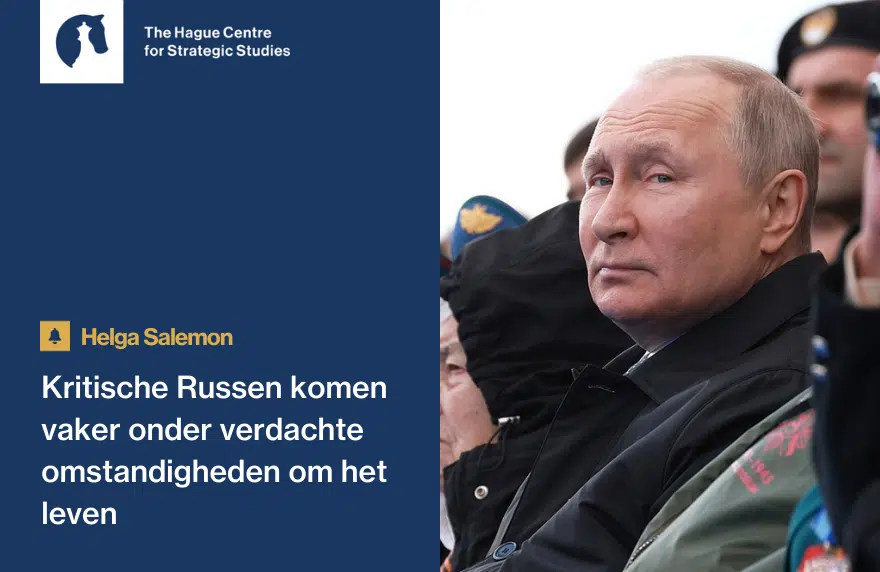De Balkan staat op een keerpunt, balancerend tussen het Westen en het Oosten. En als het Westen niet snel actie onderneemt slaat de balans door naar het Oosten. Dat stelt Arlinda Rrustemi in een interview met Pieternel Gruppen voor Trouw.
Soms lijkt het wel alsof er een spelletje Risk op de Balkan wordt gespeeld. Een potje waarbij allerlei verschillende kleuren pionnen oprukken richting deze regio. Pionnen uit het Oosten – vooruit gestuurd door Turkije, Iran, China en de Golfstaten – en Europese en Amerikaanse pionnen vanaf de andere kant van de wereld. Elk met hun eigen strategie proberen ze de Balkan te domineren, waarbij het Oosten over meer spelinzicht lijkt te beschikken. De landen uit die regio zijn in elk geval beter zichtbaar, meent Arlinda Rrustemi van het Den Haag Centrum voor Strategische Studies.
Onlangs presenteerde zij haar uitgebreide onderzoek naar buitenlandse invloeden op de westelijke Balkan, Geopolitical Influences of External Powers in the Western Balkans. De drukte op het speelbord is niet nieuw, benadrukt ze. “De regio is heel speciaal omdat ze van oudsher door zo veel verschillende landen is beïnvloed.” Zo stortten buitenlandse machten zich al tijdens de Ottomaanse periode en de Eerste en Tweede Wereldoorlog op de geografisch gunstig gelegen regio. “Ook na de Balkanoorlogen van de jaren negentig probeerden verschillende landen in het vacuüm te duiken. Naast Europese landen en de VS zag je bijvoorbeeld ook Qatar, China, Turkije, Iran en Rusland actiever worden. Aanvankelijk leunden de Balkanlanden vooral westwaarts, maar dat begint nu te veranderen.”
Lees het hele interview hier op de website van Trouw.





